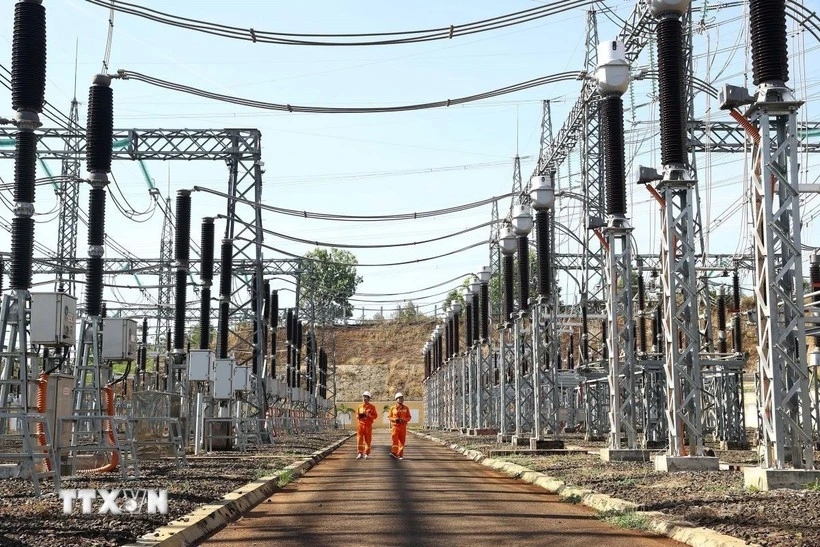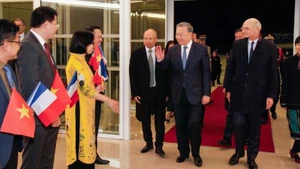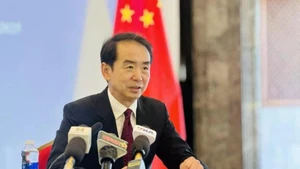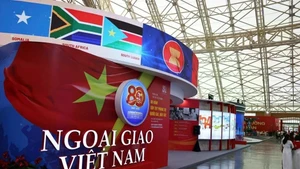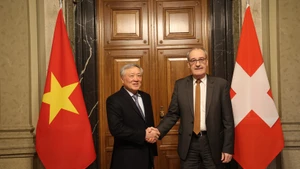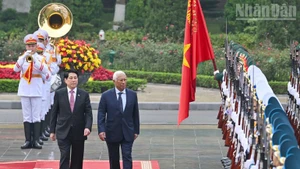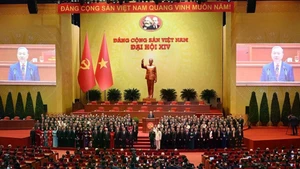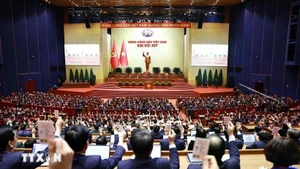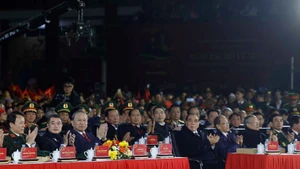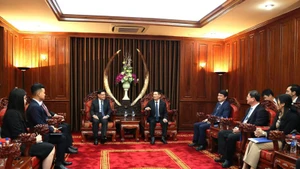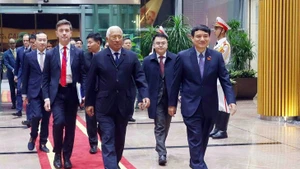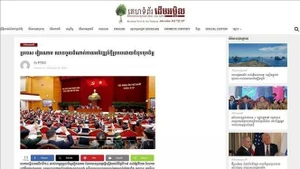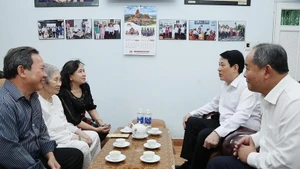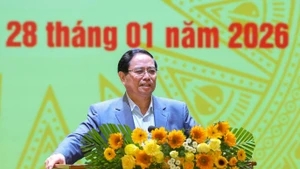The resolution builds on the foundation laid by Resolution 55, issued on February 11, 2020, which charted Vietnam’s energy strategy for the same period. Over the past five years, the energy sector has maintained stable growth, powering the demands of a burgeoning economy, bolstering national defence-security, and elevating living standards. However, some shortcomings and weaknesses pointed out in Resolution 55 have not yet been overcome.

Looking to the future, the Politburo declared energy security as a linchpin of Vietnam’s dual strategic goals for 2030 and 2045. The resolution mandates that energy supply must outpace demand to support economic growth, national defence-security, and quality of life.
The Party will maintain overall leadership, while the State will shape breakthrough policies and control strategic energy infrastructure. Citizens and businesses are at the core, with state-owned enterprises playing a leading role and private investment seen as a vital driver.
Energy development will align with Viet Nam’s socialist-oriented market economy, integrating social equity, welfare, national defence, and environmental protection. The Government will foster seamless, competitive, and transparent energy markets, diversify ownership, and adopt market-based pricing without cross-subsidies. Private companies will be encouraged to engage in energy projects on equal terms with state entities.
The resolution calls for a balanced and diversified energy portfolio, with priority given to renewables, new and clean energy sources. Domestic fossil fuels must be used rationally, national reserves fortified, and nuclear and gas power developed as coal is gradually phased out. The energy mix must be optimised to leverage regional advantages and ensure system efficiency.
Investment in energy efficiency, emissions reduction, and eco-friendly technologies will be scaled up, with conservation framed as both a societal right and responsibility. Businesses and households will be encouraged to adopt modern, energy-saving equipment.
Sci-tech, innovation, and digital transformation will drive sustainable growth in the sector. Viet Nam aims to gradually master advanced technologies, including nuclear energy, and domestically produce most energy equipment for both domestic use and export.
By 2030, the resolution targets robust energy security; ensuring sufficient, stable, quality supply with lower emissions. The sector is expected to achieve balanced growth across sub-industries, supported by smart, synced-up infrastructure that matches the advanced standards of ASEAN peers.
To bring this vision to life, the Politburo has outlined seven key tasks, delegating them to the municipal and provincial Party Committees, alongside the Party Committees of the National Assembly, the Government, the Vietnam Fatherland Front, and centrally-run mass organisations; and other commissions under the Party Central Committee.
